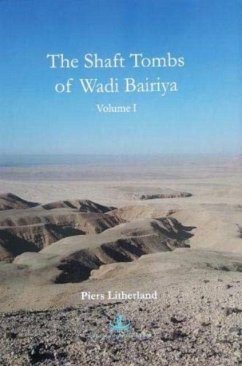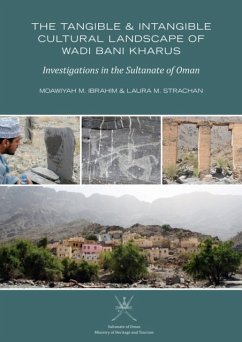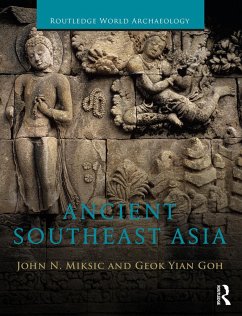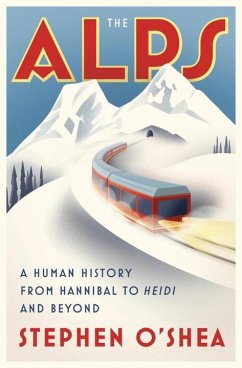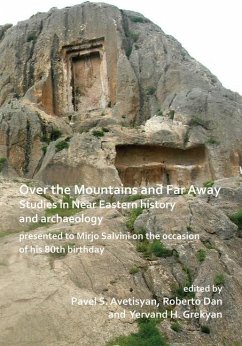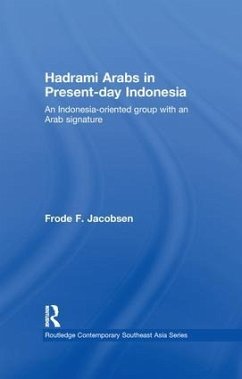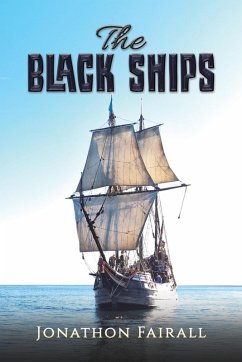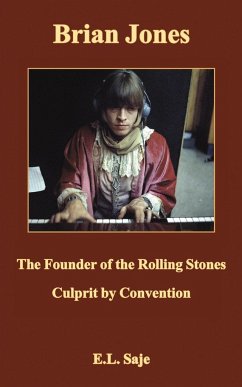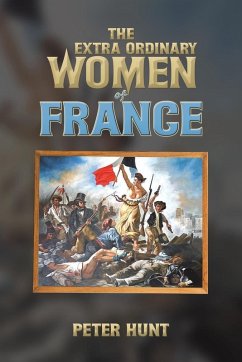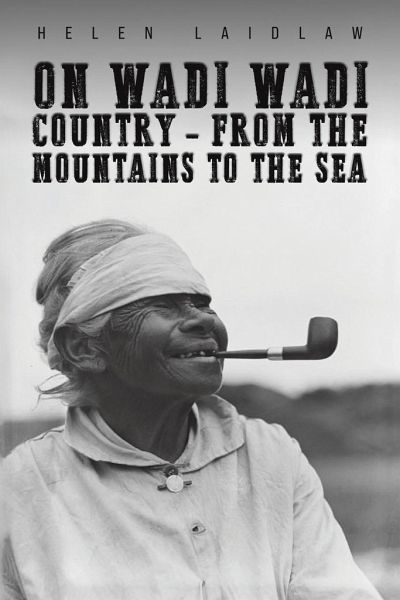
On Wadi Wadi Country - From the Mountains to the Sea

PAYBACK Punkte
10 °P sammeln!
Australia is a large continent and before British colonisation there were over 250 First Nation areas with different languages and cultures. The Wadi Wadi nation lived on an eastern coastal region south of Sydney, which was covered with thick subtropical rainforest and bordered by the Pacific Ocean which provided fish and shellfish in abundance. With its rich volcanic soil, it was one of the first areas to be taken by colonising farmers. The land was cleared and the food, culture and Dharawal language were all almost wiped out. Many First Nations people died from massacres, hunger, and Europea...
Australia is a large continent and before British colonisation there were over 250 First Nation areas with different languages and cultures. The Wadi Wadi nation lived on an eastern coastal region south of Sydney, which was covered with thick subtropical rainforest and bordered by the Pacific Ocean which provided fish and shellfish in abundance. With its rich volcanic soil, it was one of the first areas to be taken by colonising farmers. The land was cleared and the food, culture and Dharawal language were all almost wiped out. Many First Nations people died from massacres, hunger, and European diseases. This story began in a deep valley 'Willow Gully' with remnant rare subtropical rainforest, inhabited by wallabies, echidnas, possums and hundreds of birds in a small coastal town called Kiama. The gully was settled in the 1840s by two British farming families, and in 2015 the remains of a small farm cottage was unearthed in the rainforest. By coincidence the Aboriginal family who lived there in the 20th century were discovered and they have shared their personal stories. This has provided links to the amazing history of the Wadi Wadi people all along the coast. Through this book find their stories, but also meet an Indigenous King and Queen, WW1 soldiers, a poet, fishermen, sports stars, and silent film makers. Many people have hidden their Aboriginal heritage as racism was rife. The 50,000 years of continuous indigenous heritage is at last being recognised. However, a referendum to recognise Aboriginal people in the constitution, held in October 2023, failed due to misinformation by opponents. But there is still hope!




